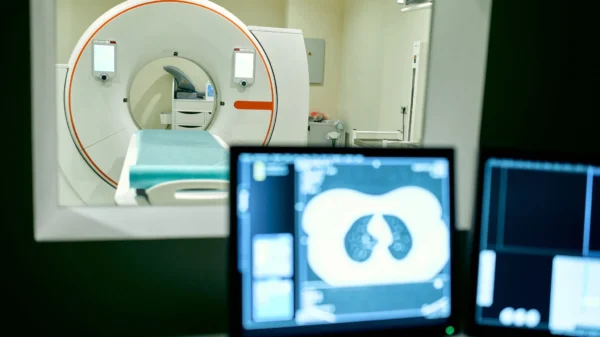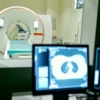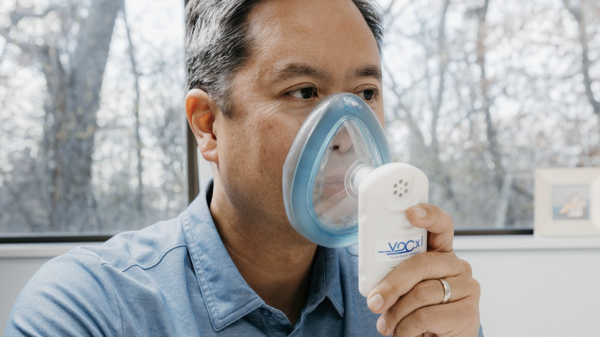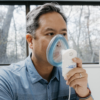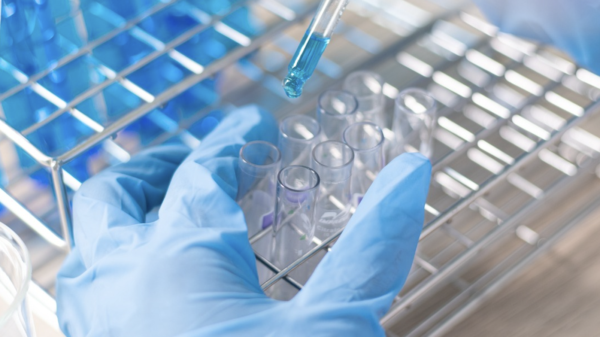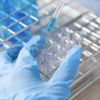A new report from Cancer Research UK has linked higher rates of cancer deaths to poverty and deprivation.
The research report indicates that there were more than 28,000 extra cancer deaths a year linked to deprivation, and that people living in the poorest areas waiting on average over 104 more days to begin treatment despite an urgent referral.
It also shows that cancer rates were more than 60 per cent higher in the UK’s most deprived areas, with the poorest being more than 50 per cent more likely to be diagnosed compared to the wealthy.
Furthermore, people in the most deprived group are less likely to participate in national screening programs and are only half as likely to receive cutting-edge treatment as those in the least deprived group.
While cancer care has broadly improved over recent decades—catching more cancers at earlier, more treatable stages than ever before—significant disparities in care persist, as new research reveals.
“No one should be at a greater risk of dying from this devastating disease simply because of where they live. These figures are shocking and unacceptable – but crucially, they’re avoidable,” said Dr Ian Walker, executive director of policy and information at Cancer Research UK.
Lung cancer is a key example of both the problem and its solution.
According to Cancer Research UK, nearly half (47 per cent) of the 28,400 additional cancer deaths linked to deprivation are due to lung cancer.
NHS England’s lung screening program targets older smokers in deprived areas with high death rates, diagnosing nearly 5,500 cases, most at an early stage.
Read more: Breath Diagnostics pioneers novel lung cancer breath test
Read more: Breath Diagnostics takes aim at lung cancer with One Breath
Disparities in cancer outcomes linked to socioeconomics in Canada
The story isn’t any different in Canada, either.
Research indicates that socioeconomic status significantly influences cancer outcomes in Canada, with lower-income individuals often experiencing higher cancer incidence and mortality rates compared to those with higher incomes.
A 2022 special report by the Canadian Cancer Society found that cancer prevalence varied by neighbourhood income.
Additionally, a 2024 report revealed that the financial burden of a cancer diagnosis in Canada is substantial. The average patient faces nearly CAD$33,000 in out-of-pocket expenses and lost income during treatment and recovery.
This financial strain disproportionately affects lower-income individuals, potentially limiting their access to timely and effective cancer care. These findings emphasize the need to address socioeconomic disparities in cancer prevention, treatment, and support services to improve outcomes for all Canadians, regardless of income level.
Advancements in technology are crucial for early cancer detection and improved patient outcomes. For example, companies are using artificial intelligence (AI) to revolutionize cancer care by analyzing complex data to identify patterns that human clinicians may be miss.
This capability enhances early detection and enables personalized treatment plans. Dr. David Agus, a professor of medicine and engineering at the University of Southern California, emphasizes that “AI has the potential to transform cancer care by providing more accurate diagnoses and tailored treatments.”
Additionally, precision medicine, which tailors treatment based on individual genetic profiles, is becoming increasingly important. By understanding the unique molecular makeup of a patient’s tumour, oncologists can devise more effective personalized treatment plans.
Read more: Breath Diagnostics onboards new president and closes critical financing
Read more: Most athletes interested in psilocybin for concussion recovery, research shows
Technology could be the saving grace
Multiple companies are working on cutting-edge technologies to improve cancer diagnosis. One notable technology is liquid biopsy, which involves analyzing blood samples to detect cancer-related genetic mutations or biomarkers.
Liquid biopsies are minimally invasive when compared to traditional biopsies, which require tissue samples. These also provide real-time data on how cancer is progressing or responding to treatment. This technology has become valuable for detecting cancers in their early stages, offering a more safer option for patients.
AI-powered imaging is another promising diagnostic tool. Functionally, it enhances the capabilities of traditional imaging methods like CT scans and MRIs.
AI algorithms can analyze vast amounts of imaging data and detect subtle patterns that human radiologists might overlook.
These algorithms have proven effective in identifying early-stage cancers, such as lung and breast cancer, where early intervention is critical.
Furthermore, Breath Diagnostics Inc is a standout in the realm of cancer diagnostics. It’s OneBreath technology uses advanced AI algorithms to analyze exhaled breath, detecting volatile organic compounds (VOCs) associated with various cancers. The presence of specific VOCs can be an early indicator of cancer. By leveraging AI, OneBreath can identify these markers with high precision.
The AI system continuously learns from new data, improving its accuracy over time. OneBreath offers a non-invasive, quick, and cost-effective method of screening for cancer.
Together, these technologies offer hope for earlier detection, better treatment plans, and ultimately, improve patient survival rates.
.
joseph@mugglehead.com






